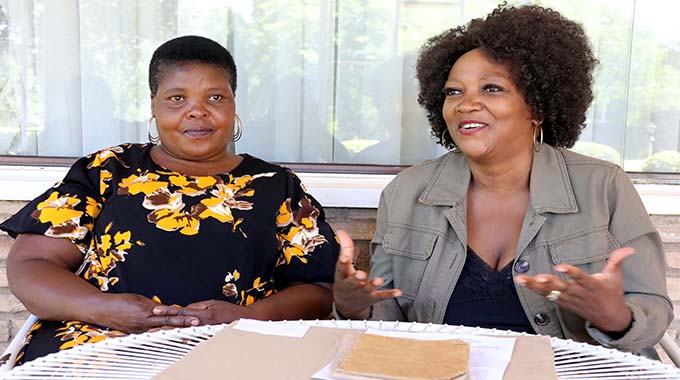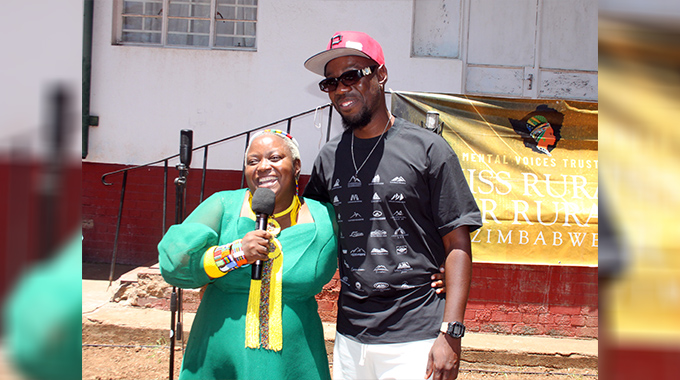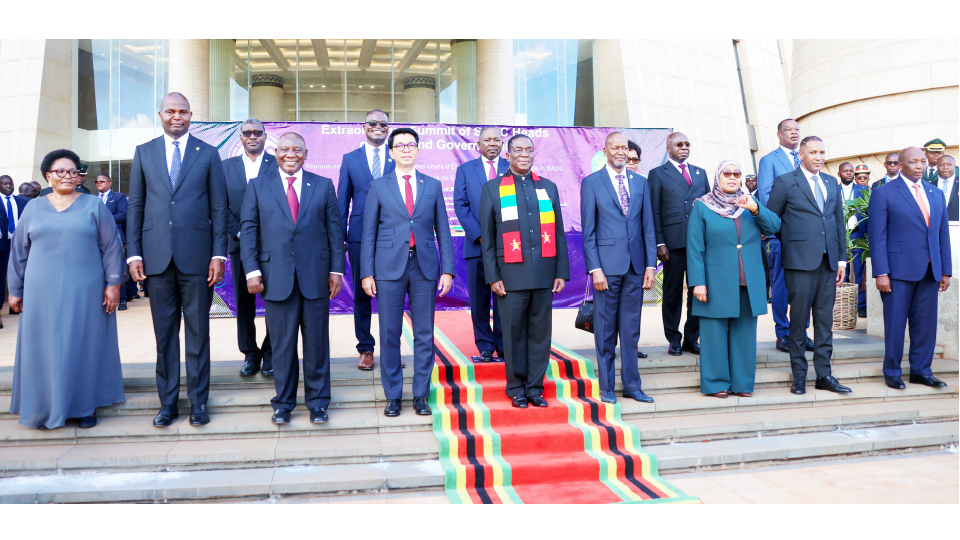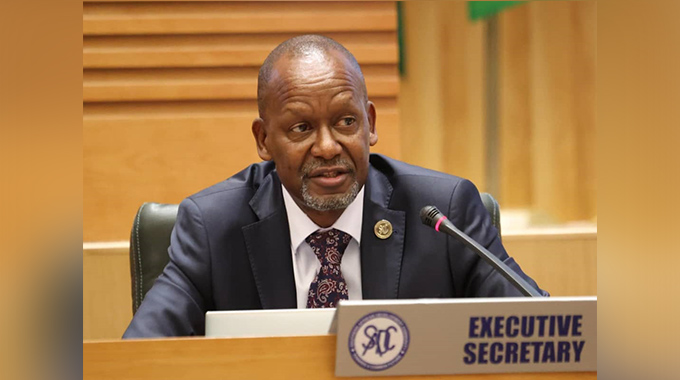
Mutsawashe Mashandure and Spiwe Sarakunze
Stakeholders are continually working to combat gender-based violence (GBV) through the creation of a more equitable society anchored on progressive laws and policies, with people made aware of how unacceptable violence is.
At the same time, the Government is backing the laws by making it clear that there is never any excuse for such violence.
A high-profile march in Harare organised by the European Union Delegation to Zimbabwe and UN Women, in collaboration with Team Europe, from the Rainbow Towers to Town House yesterday, served as a key commemorative activity for the Beijing +30 Campaign, following Zimbabwe’s launch of the campaign on December 9 last year.
Minister of Women Affairs, Community, and Small and Medium Enterprise Development Monica Mutsvangwa said it was important to involve males in order to achieve gender equality and combating GBV.
“GBV is a widespread problem that demands the active participation of everyone, especially men and boys,” she said. Minister Mutsvangwa called for stakeholders to unite in eradicating gender inequality, urging collaborative efforts to redefine harmful notions of masculinity and challenge societal norms that perpetuate violence.
She said the fight against GBV and the promotion of gender equality required ongoing action beyond the now traditional and annual 16 days of activism against gender-based violence, which runs from November 25 to December 10 each year.
This year marks the 30th anniversary of the Fourth World Conference on Women held in Beijing in 1995, where the Beijing Declaration and Platform for Action was adopted as a global roadmap to end GBV.
The comprehensive roadmap addresses critical issues such as education, health, and economic participation, aiming for women’s empowerment. Despite these initiatives, Minister Mutsvangwa acknowledged the ongoing prevalence of GBV in all forms, including domestic violence, child sexual abuse, sexual harassment, and trafficking.
European Union Ambassador, Jobst Von Kirchman, highlighted the alarming statistic that 42,5 percent of women in Zimbabwe have experienced GBV.
He called for collective action to ensure that violence has no place in homes, workplaces, or public spaces.
Ambassador Adler Aristide, expressed his commitment to advancing gender equality in all facets of his role, from engaging with government to the private sector and the diplomatic community. Government’s concerted efforts, alongside international support, underline a strong commitment to combating gender-based violence and fostering gender equality in the country.










